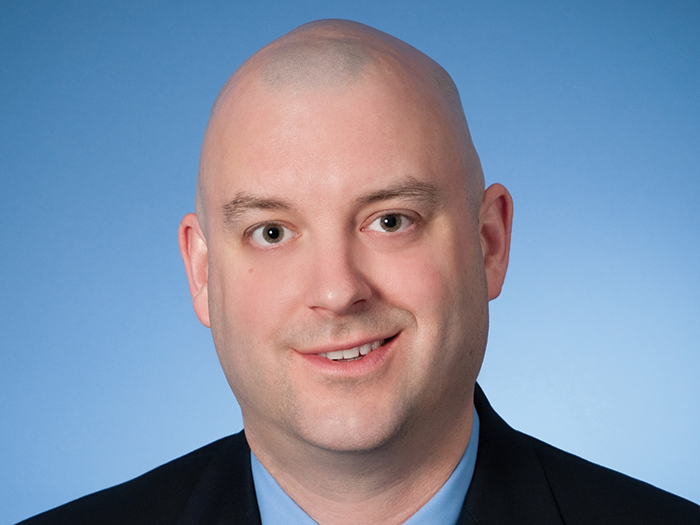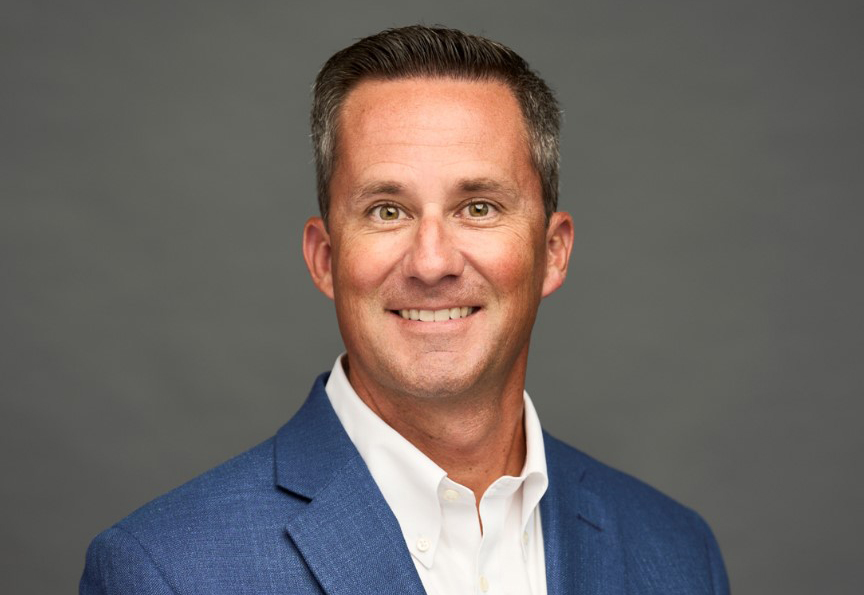Better Recovery Outcomes Are Built on Trust, Says This Nurse Case Manager

British socialite-turned-nurse Florence Nightingale has inspired many aspiring students to consider nursing as a profession. Considered the founder of modern nursing, Nightingale visited and tended to wounded soldiers during the Crimean War with only a lantern to guide her. At night, after the medical officers had fallen asleep for the evening, she would work with the wounded.
Her dedication to remaining with her patients during their most lonely and vulnerable hours has cemented nursing’s reputation as a profession of caring, and it’s what leads many people to follow in Nightingale’s footsteps by becoming nurses themselves.
Medical case manager Sara Fleming, RN, CCM, is no exception. Growing up in England, Fleming was inspired by Nightingale’s story to enter into nursing. It’s a job she loves because it enables her to alleviate some of the burden patients face when they’re in pain.
When she became a nurse case manager, Fleming found that her new role gave her even more opportunity to support people in their time of need — a nurse’s true calling.
“For an injured worker not only are they in pain and confused, financially they’re in distress because they may not be getting, earning as much. And I just felt that I could be so helpful in not just the medical side of things, but connecting the whole picture for them,” she said.
Helping injured workers see the “whole picture” is one of the most important parts of Fleming’s job. But it’s something that she can’t do if she doesn’t have a patient’s trust.
According to Fleming, many injured workers’ have trouble understanding the workers’ compensation process and are confused about what role nurse case managers play in their care.
This can make it difficult to build the trusting relationship that Fleming believes is critical to their care.
Barriers to Building Trust
Since many injured workers lack reliable information about what nurse case managers do, many of them rely on personal anecdotes. And one bad experience, Fleming said, can “spread like wildfire.”
“[If] they’ve had a bad experience in the past with the workers’ compensation process they’re very wary of anyone else involved in it,” she said.
“They’ll come in already expecting that this is going to be a negative experience for them.”
Fleming experienced this situation firsthand, working with an injured man who had previously filed a workers’ compensation claim that was denied. The wait while appealing the denial created a financial burden for him.
When the man suffered another injury, “he had already had such a negative experience. He was very defensive. He had walls up and thought there was no way I could help him,” Fleming said.
To establish trust with him, Fleming started by explaining to him that she is “first and foremost” a nurse and an advocate for him, a strategy she uses with all her patients.
“Nursing is known to be one of the most trusted professions out there. So once you explain, ‘I’m a nurse, I’m here to help’ — I think that they understand.”
“I’m not out here to see if I can rush you back to work,” she said. “I’m here to ensure that you are treated medically appropriately.”
Prioritizing the Human Connection
Once she establishes trust with a patient, Fleming is able to support them both physically and emotionally. She helps patients expedite any treatments that require prior authorization and she sends cards to any injured workers she’s working with who have been out for awhile.
If a patient experiences a loss in their family, she reaches out to support them as well.
“If they had a family emergency, I try to send a card to them: sorry for your recent loss, I’m here if you need to talk,” she said. “I think looking at them as a person as a whole and not just as an employee makes a huge difference.”
It’s these personal connections that allow Fleming to breach difficult subjects with her patients. In one case she described, an injured worker was in denial about a pre-existing medical condition. They weren’t seeking treatment and it was creating a comorbid condition impacting their workers’ compensation claim.
Fleming explained to the injured worker how the comorbid condition was affecting injury recovery and why it was important they seek treatment.
“I recognized that they have had this other issue and this may be impacting their current recovery so I discussed it with them. I explained the rationale of why it’s important for them to take care of the other medical issue for their overall well being,” she said.
Building these strong personal connections doesn’t come without hard work, however. Fleming makes sure that she always follows through on every promise she makes to her patients so that they continue to trust her and view her as a resource.
“If you’re going to say you’re going to do something, then you have to do it. I’m going to call you tomorrow, then you call him. Or I will find out for you why your physician hasn’t ordered an MRI and I will get back to you,” she said.
“Don’t provide lip service, but action.”
It is taking action and doing “little things to make things special” that helped Fleming overcome the initial trust issues of the injured worker who’d experienced a claim denial in the past. Fleming apologized to him on behalf of the workers’ compensation process for his bad experience and she helped him to have a better one.
She helped him open up about the issues he had in the past, communicated with his physicians and made sure he got back to working full duty.
Just like her childhood hero, Florence Nightingale, Fleming was able to help this man when he was at his most vulnerable. Now, every time that injured worker sees her, he hugs her.
“I’ve built this relationship with this man for the lifetime that he’s employed here,” she said.
“I just think that case management is a very unique avenue of nursing and I think that sometimes people look at it like ‘Well, it’s not really nursing because it’s not a hands on.’ I’m not cleaning wounds. I’m not handing out medications.
“But it is an essential part of nursing, and it has the same impact on the injured worker as if I was the one providing the physical care.” &









